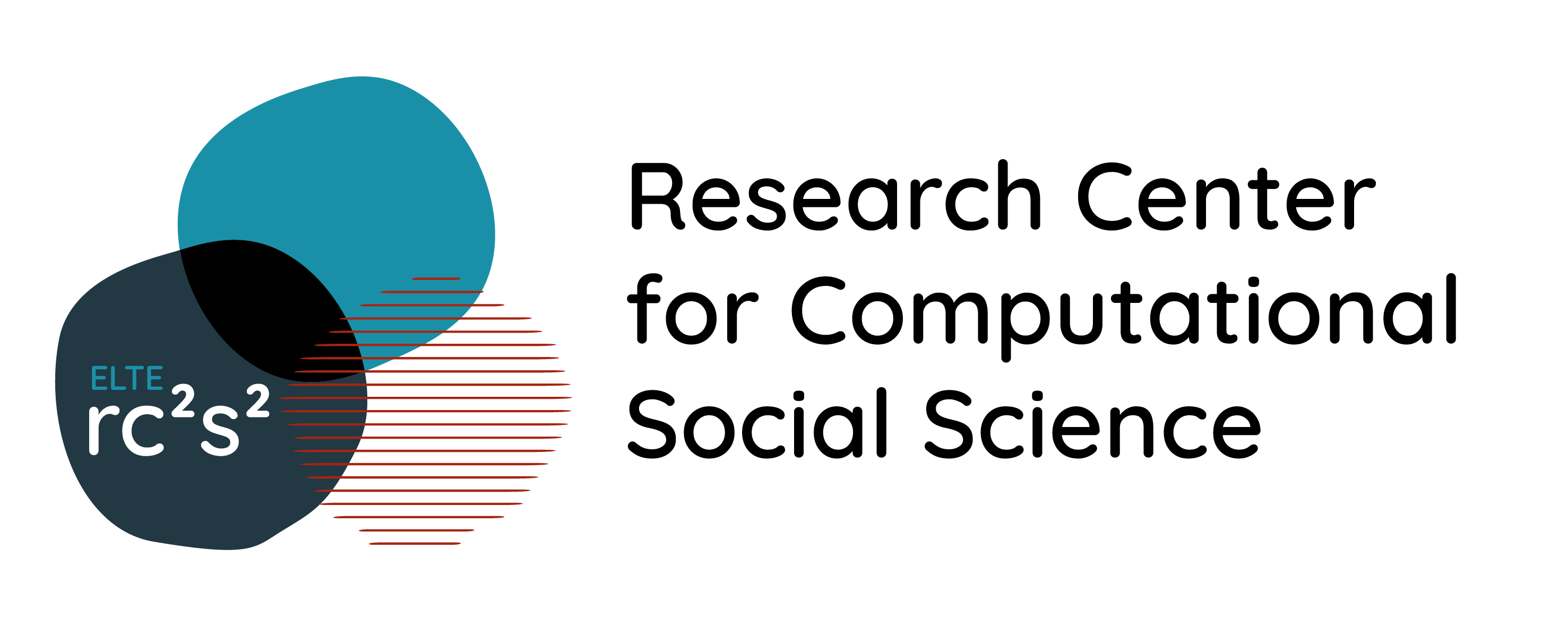Our research group Revisiting Early Testimonies of Hungarian Jewish Holocaust Survivors through a Digital Lens, or Digital Lens for short was established in 2021. The main objective of our research is the quantitative “automated” and qualitative analysis of protocols made in 1945 by the National Committee for the Care of Deportees (DEGOB), which are the testimony transcripts of previously deported Hungarian Holocaust survivors. In addition to a more precise historical understanding of the DEGOB committee itself, our textual analyses aim to reveal the most important features of the language used by Jewish survivors, the topography of persecution and survival, and the typically gendered experiences.
The Digital Lens research group is engaged in interdisciplinary historical and social history research. The research group works with innovative methods of digital history and computational social science, complementing rather than excluding traditional methods. We have been reading and preparing the protocols made in 1945 by the National Committee for the Care of Deportees (DEGOB), which contain the deportation itineraries of Holocaust survivors and their interviewed recollections. The aim of our project is to analyse the protocols using a new and innovative methodology. In addition to traditional qualitative and quantitative methods, automated text analysis, artificial intelligence and visualisations play an important role in our research.
Our research questions relate to the language of the Holocaust, the topography of persecution, and the different experiences of men and women. The main questions of language and the Holocaust include what the main features of the language used by Jewish Holocaust survivors in the interviews are and how survivors talk about what happened immediately after liberation. Are there differences between different survivor groups? How does the language used by survivors compare with the public discourse of the time, such as the language used in the press of the time?
The other strand of our research interest is the topography of persecution and survival. Where were the survivors deported from? Where were they located during the Holocaust? What characterized the post-liberation period? By what route and how did they return to Hungary?
Our research team focuses on gendered experiences as well. We are interested to know what the different and similar experiences of women and men were. Do men and women tell different stories about their suffering? What differences can be inferred from the different topographical experiences of women and men?
Our research team is also exploring new historical material. The collection of the protocols is not complete, so our aim is to find additional records and documents, either in archives or in family collections. We believe it is important to personalise history and to this end we will seek out survivors and their families who shaped the life and work of DEGOB.
Our results
(#1) Lecture 11 March 2021: History in the home office, National Rabbinical School – Jewish University, Budapest (Ildikó Barna and Alexandra M. Szabó)
(#2) Conference 17 November 2021: Vienna Wiesenthal Institute for Holocaust Studies: Precarious Archives, Precarious Voices Expanding Jewish Narratives from the Margins. Ildikó Barna; Alexandra M. Szabó: Excavating Voices in a Cross-Archival Approach: DEGOB Testimonies Aligning to ITS Documentation
(#3) Presentation: 14 December 2021: Modern Jewish History Seminar. Barna Ildikó: : The DEGOB Collection Through a Digital Lens
(#4) Publication: Alexandra M. Szabó: Discovery of an Unknown Holocaust Testimony. Eastern European Holocaust Studies Interdisciplinary Journal of the BYHMC. Under publication
